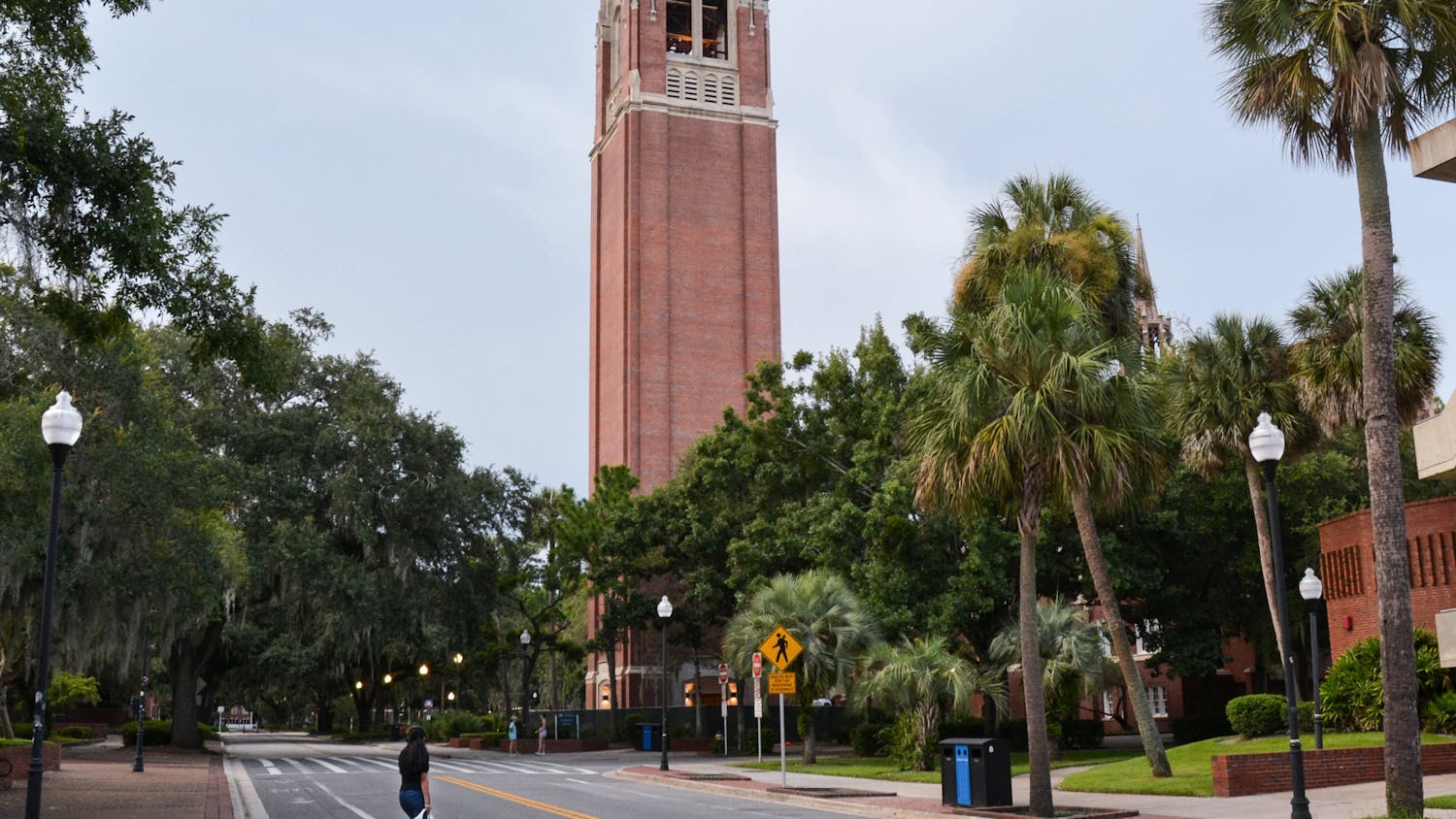When students reach for a can of Red Bull to keep them awake through an all-night study session, they may be getting more caffeine than they expect.
A recent Consumer Reports study found that energy drinks such as Red Bull and Monster do not always accurately report how much caffeine they contain, if they report it at all.
According to the report, 11 of the 27 top-selling energy drinks in the U.S. do not specify the amount of caffeine they contain.
Of the 16 drinks that do, five contained more caffeine than listed on their labels. On average, the actual amount was 20 percent more caffeine than listed.
Janis Mena, coordinator of nutrition services at UF’s Student Health Care Center, said a study on caffeine content in coffee done at UF found caffeine varies from cup to cup by as much as 200 or 300 milligrams.
When it comes to energy drinks, however, Mena said, “I think there should be truth in labeling.”
Mena said caffeine, which is a stimulant, cause dizziness and can increase heart rate and blood pressure.
Aly Perez, a 21-year-old advertising senior, said she does not look at labels. She also said she doesn’t really care how much caffeine is in her favorite energy drink, the low-carb Monster in the blue can.
Consumer Reports’ study echoes Perez’s view; it said Monster reported it does not include actual caffeine content on the label because numbers are “not meaningful to most consumers.”
Elaine Turner, senior associate dean of the College of Agricultural and Life Sciences, wrote in an email that caffeine content is not required by law to be listed on food labels.
Because caffeine is only present in a small percentage of foods and beverages available to consumers, she said, requiring companies to include caffeine content on labels doesn’t make sense.
Mena said the best way to feel energetic is to get a sufficient amount of sleep and food. Drinking a reasonable amount of coffee is fine, she said, but replacing sleep and food with caffeine doesn’t work.
“If you need energy in the morning, eat breakfast,” she said. “It’s probably much better for sustainable energy than a stimulant such as caffeine would be.”





